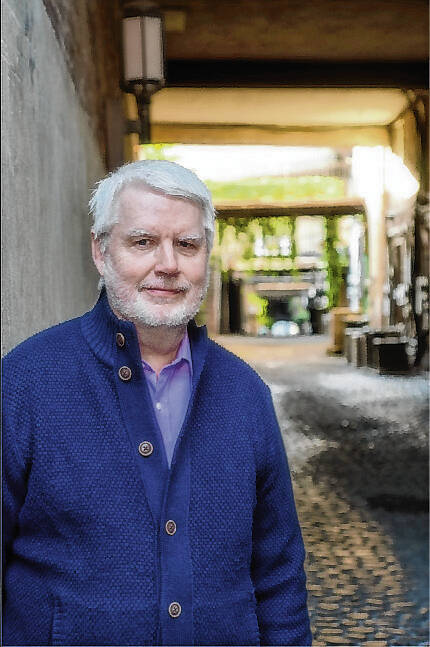When friends discover that my father was a minister, they seem to assume that I had a sheltered childhood. In some senses, they are right. In some ways, I saw less of life than did my friends, but in other ways I saw more. In significant ways, my childhood gave me a different vantage point on life that has remained with me.
With my father sometimes officiating a funeral in the morning and a wedding in the afternoon or at other times being called in the middle of the night to a hospital bed, I was aware early that life and death, joy and sorrow, are often close together.
The most unusual feature of our family life was that my mother, brother, sister, and I were so involved in my father’s career. We were viewed as a team, and even as my father was never “off-duty,” the rest of us weren’t either.
Whenever my father was interviewing to pastor another church, he didn’t go alone. We all went with him because the community understood that they were hiring more than my father. They were hiring our entire family.
Did that tight family connectedness bring with it pressures that my friends never experienced? Oh yes, and those pressures weren’t always healthy. But being part of a minister’s family also gave me experiences that I wouldn’t have had otherwise. I recognize now that they still determine how I view the world.
In the current political climate, I was reminded of one of those childhood experiences. Every two years, my father and the rest of the family participated in a “pulpit exchange.” For those Sundays, my father exchanged places with the pastor of a Black church. My family sat in the front row of a Black church even as the Black minister’s family was sitting in the front row of my home church.
What I most remember is the differences between the two worship experiences. As my father delivered his sermon, there would be an “amen” or “yes, preach it” called out from the congregation. I remember my father pausing in mid-sentence, as this was something he wasn’t used to. But then he smiled, and I could see that my father enjoyed knowing that the congregation was with him. Perhaps that was the moment when I realized that my father longed to receive spontaneous affirmation in our home church.
In so many other ways, the service in the Black church seemed alive while my home church seemed, in contrast, somewhat comatose. Yet, it never crossed my mind to wonder why Blacks and Whites were worshipping separately until a few years later when I heard Martin Luther King Jr. remark that 11 a.m. Sunday morning was the hour of greatest segregation in America. Did no one in my home church wonder, as the Black minister was leading worship that morning, why this pulpit exchange was a once-every-two-years’ experience, a rarity, an exception, if not a token experience?
America is still paying for our spiritual segregation. Consider the fact that White Christians are the ones who feel most threatened by critical race theory and support the sanitized version of our nation’s history known as Christian Nationalism.
But here is something that we White Christians need to ponder. Our Black Christian sisters and brothers have no problem with critical race theory. Far from viewing it as a threat to Christian faith, the Black Church understands that this view is hardly new. In fact, critical race theory grew as much out of the Black Church as out of the “liberal academy,” as its detractors claim. Some of its most influential proponents, such as James Cone, are Christian theologians.
If the Christian Church in our country were not separated by race, if Black and White Christians routinely worshipped together, they would have faced long ago the hard truths of our nation’s history. White and Black Christians would have also recognized that critical race theory is simply asking for what is central to authentic Christian faith — deep repentance, a change of heart and a change of treatment toward one another.
David Carlson of Franklin is a professor emeritus of philosophy and religion. Send comments to [email protected].




